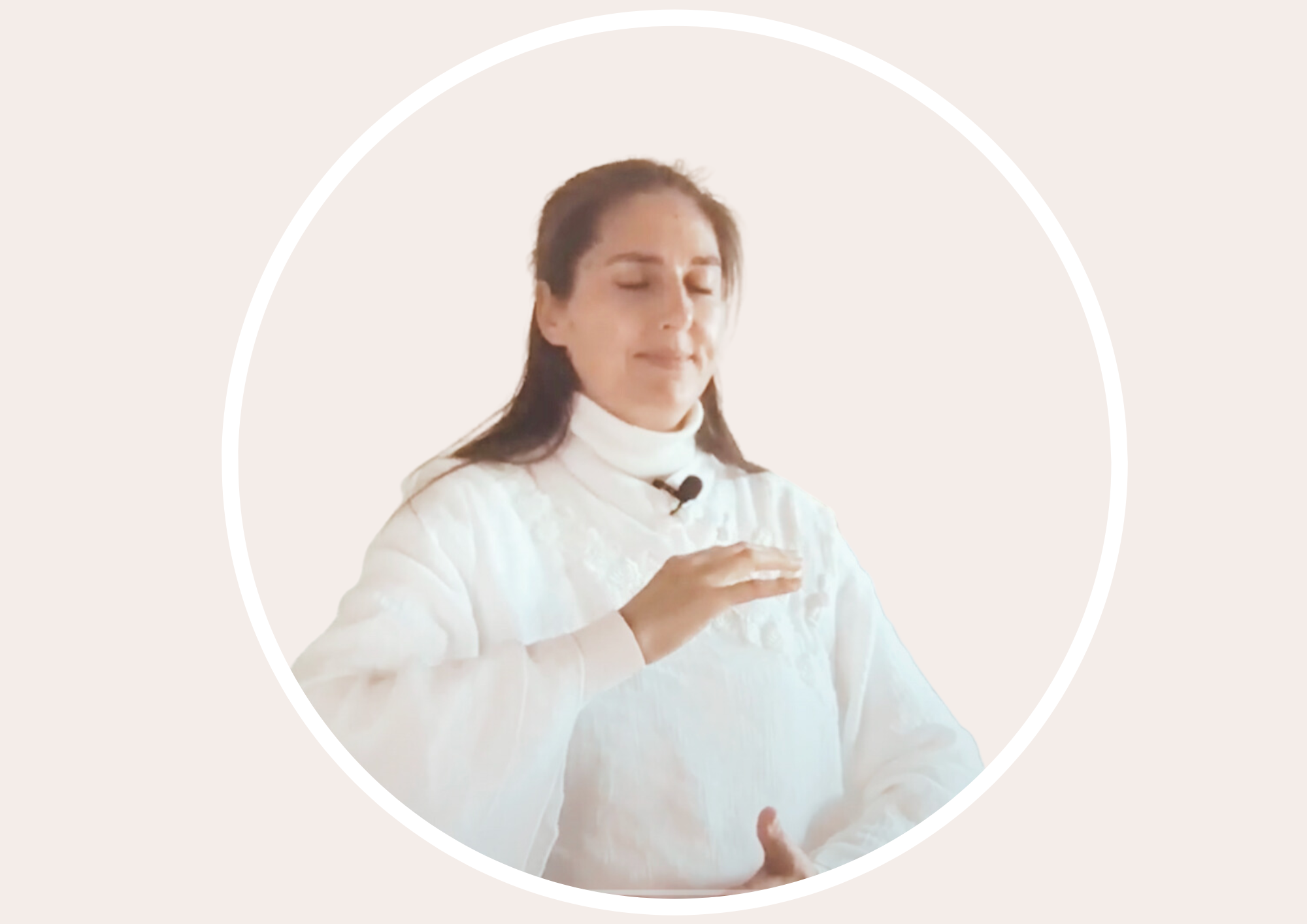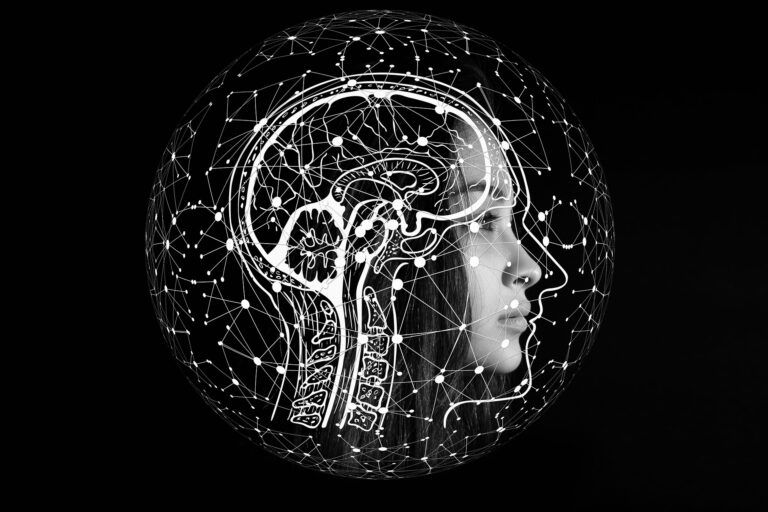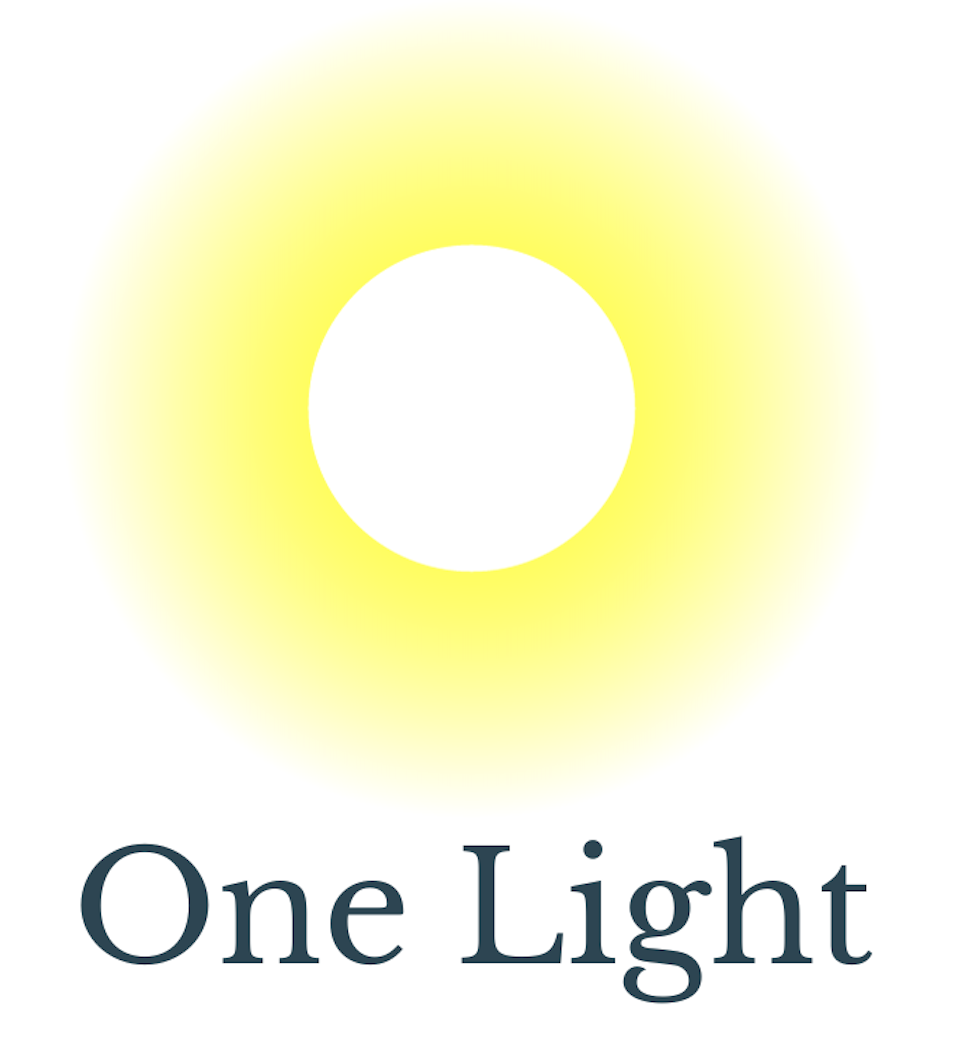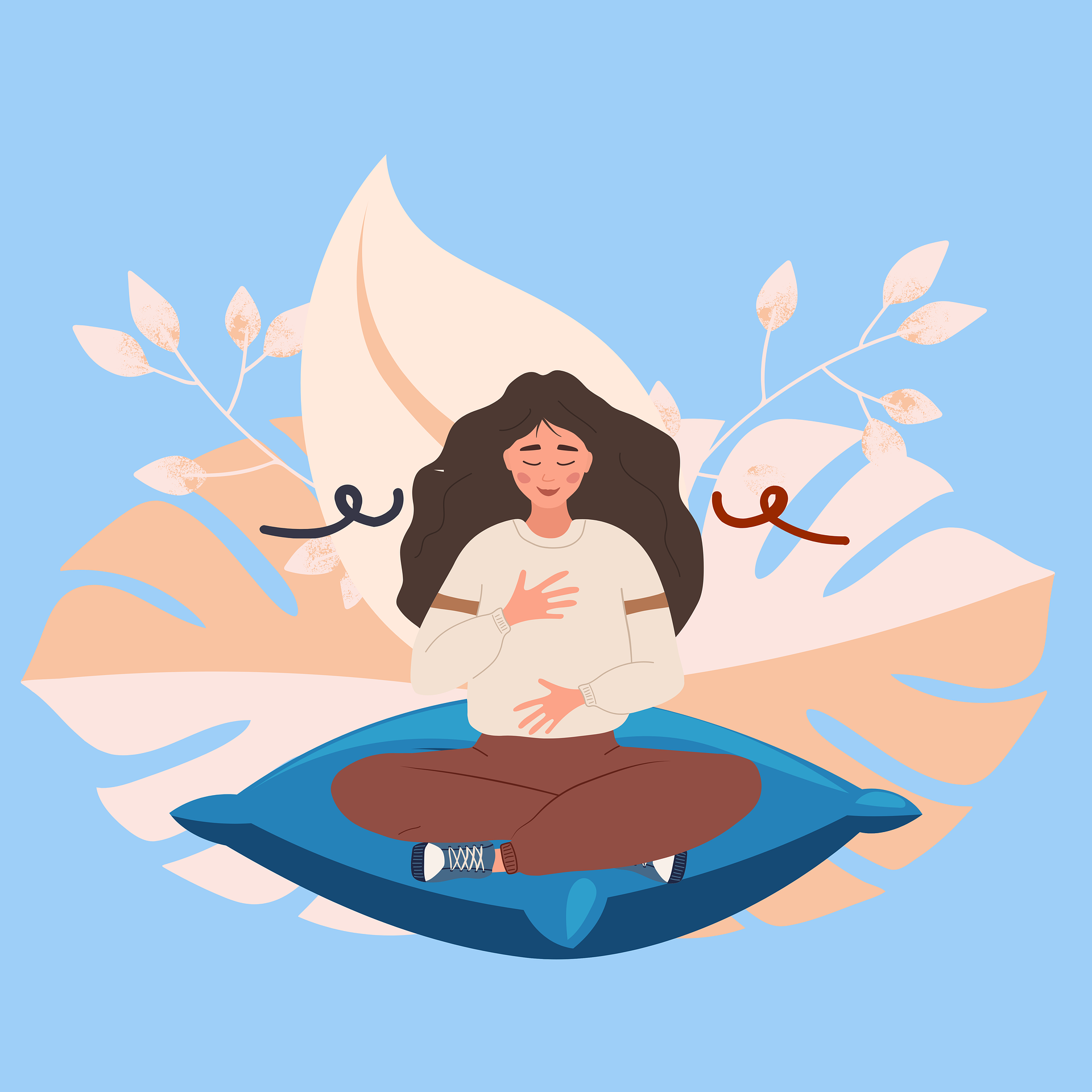Insomnia: How to sleep better?
Learn to relax yourself and to fall sleep at will

The mind is an instrument that can do us both good and harm. That we cannot sleep is a sign that the mind is on its own and we have no way of directing it where we want. That is why it is important to learn to guide it.
One of the most common causes of not being able to sleep is that throughout the day the mind has not had moments of rest, and has received, as is common today, an excess of stimuli. Most people cannot spend a single moment in a pause, an emptiness, doing nothing. Between the time of working or studying and the time of eating, we do not leave a single minute to “do nothing.” Even in the middle of an activity, instead of paying attention to it, we quickly seek to entertain the mind on something else, making it work in “multitasking” mode, avoiding mental relaxation at all costs, and needing overstimulation. This causes the mind to take on an accelerated and constant pace, which is then difficult to stop.
The mind is the organ that consumes the most energy in the entire body. Therefore, at the end of the day, we feel exhausted, yet we are unable to fall asleep. The mind needs to process, like a computer, everything it sees. At bedtime, due to the lack of empty spaces, it has a lot of work accumulated. In addition to an endless number of open directions in which to shoot uncontrollably.
Insomnia can also be due to excessive worry about a specific issue, for which we cannot resolve, and the mind goes around and around without finding a way out.
Or it can also occur due to disrupted sleep cycles. The pineal gland is responsible for telling the body when it is time to sleep. It is connected to the cycles of nature: when dawn breaks, the clarity indicates to the body that it is time to wake up; When it gets dark, the darkness tells the body that it is time to relax and sleep (approximately, since the body also memorizes personal habits). For this reason, in the past, rural people who lived more in tune with nature, maintained very good natural rhythms in relation to the cycle of the sun. Nowadays, with the current social rhythm, there are people who work at night, therefore facing a challenge, because while the pineal gland is indicating the moment of rest, preparing the body to enter the state of sleep, the mind is giving the opposite mandate, needing to remain active and alert to work.

To readjust the mind to the natural cycle, there are several practices or solutions that we can follow:
- Give empty spaces to the mind throughout the day. Try to get used to “white spaces” without fearing emptiness. You can take several deep breaths, observe what is around you, enjoy the calm, the pause for a moment.
- Take micro-naps. This is a very simple technique to give the mind a complete rest by simulating sleeping but while sitting. For example, when we are in transport, or while we wait for food to be made, or for someone we are waiting for to arrive, or after eating on a chair or sofa if we do not have a bed. It can really be done anywhere and anytime. It consists of releasing all attention to the outside, closing our eyes, setting the strong intention of falling asleep, just as we would do at night in our bed. We continually maintain the intention, repeating to ourselves “I’m going to sleep, I’m going to sleep.” We can stay in the state for 5, 10, 15 minutes. We may not be able to fall asleep completely, but the mind will experience a great rest, thus being able to recharge, which is the intention. We can do it once a day as a nap, or at any time we feel the need to take a break: sometimes just several seconds (5, 10, 20…) can already have a very positive effect on our day.
- Another aspect to keep in mind to improve the process of falling asleep is to stop feeding the mind at least 30 minutes before going to sleep. To prepare it for rest, it is best not to give it more work that time before, so we can fall asleep more quickly. At least for those 30 or 60 minutes, it is best not to use the phone or computer, watch TV or read books. The most advisable thing is to give your mind some time to do what it needs to do, giving it that “empty” space that it so needs. Try it and see for yourself the effects. It will also help to keep the light dim or avoid light to help the pineal with the “it’s night” message.
- Something else, although obvious, is worth mentioning. Avoid as much as possible the consumption of stimulating substances such as tea, coffee, and sugary drinks. If you take them, it is preferable no later than 12:00 noon, and ideally do without them to free the body from continuous agitation.
- If you are taking sleeping pills, make sure you do so only before bed. Melatonin is the chemical that the pineal gland naturally produces to signal that it is time to sleep. If we take it during the day due to anxiety or other emotional states, the body will become confused, because it is like telling it “let’s go to sleep” and at the same time “let’s go to work.” This will mean that when we take it at night, it will have no effect, since the body does not take into account, or does not trust, that instruction. You can help yourself with relaxing herbs during the day, such as valerian, passionflower, hawthorn; or use a few drops of lavender on your pillow, crown, between the eyebrows.
- Above all, the great method to help you sleep well is to meditate just before going to bed. Giving yourself 10, 20 or 30 minutes of meditation will cause a great mental readjustment to occur and will bring great benefits.
- A final method to fall asleep is to set the intention “sleep, sleep”, and mentally repeat “I am very sleepy, I am falling asleep, I am falling asleep, I am falling asleep”. Ignore every other thought, no matter how important it may seem to you, and be determined not to follow it. When the mind begins to enter those other thoughts or realities that seem “meaningless”, the world of dreams, hold on there, let yourself in, and let the attention loosen from the brain and fall, feel yourself falling and falling, as if the Consciousness will go down to another place where we enter sleep.
- If with all these recommendations you still achieve results, I recommend to increase physical activity for a few days or period. You can integrate some activity throughout the day that requires the use of the body, and its physical expenditure. By this I mean doing some sport, or working in the garden, or in the orchard, or similar. At the end of the day the body will be so fatigued that it will drag the mind into sleep. Furthermore, it will not only help you sleep but will give the mind the opportunity to focus on the present, where the body is, thus slowing down its activity, which is one of the objectives sought to achieve results.
You will see that with some changes, a strong determination and a little practice you will be able to recover the natural process of falling asleep and, what is better, you will learn to enter sleep voluntarily.
Wish you strength!
Get to know our courses for beginners, intermediate and advanced practitioners: www.onelight.es/en/training
If you need individual support, Rocío offers personalized sessions in person in Málaga (Spain) or online. Contact us if you are interested, we will be happy to assist you.



